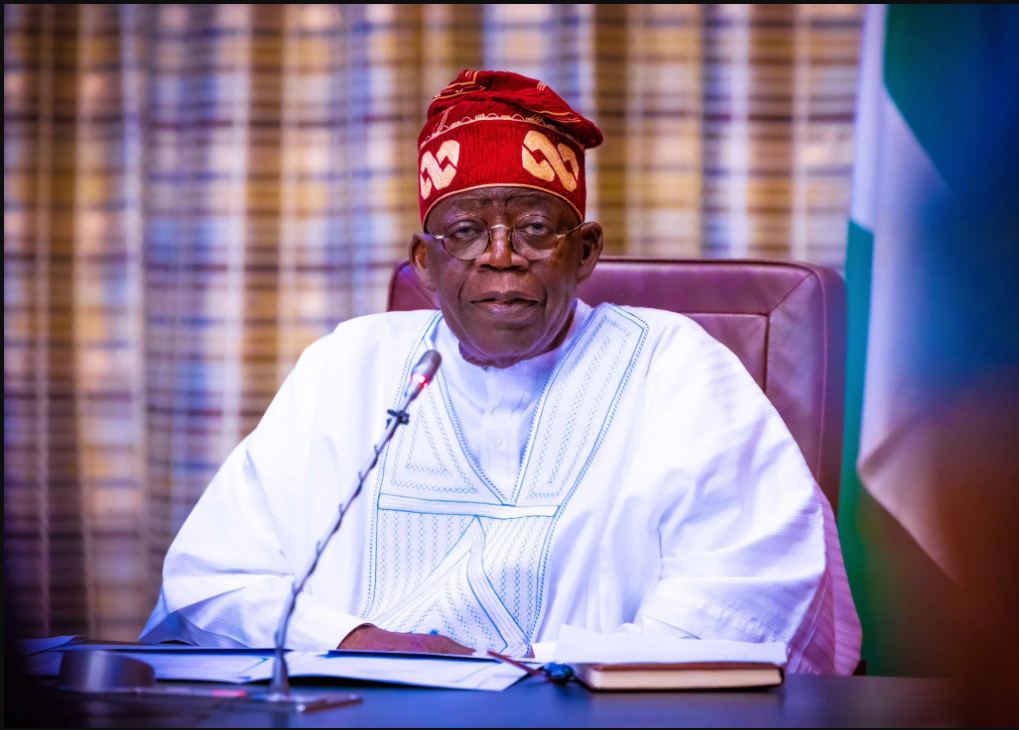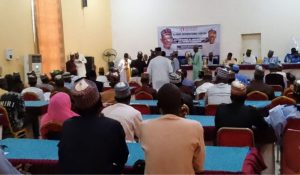
OUR EDITORIAL! On Nigeria’s Diplomatic Absence
No doubt, the world is interconnected and diplomacy is pivotal for sustainable national development. Sad. Sad. Nigeria’s failure to appoint ambassadors to its foreign missions highlights a glaring oversight with profound implications. This neglect jeopardises not only the country’s international standing but also its ability to drive meaningful change globally.
CSR REPORTERS notes that the situation underscores the urgent need for institutional accountability and proactive leadership to foster global cooperation and national growth.
President Bola Tinubu must address this diplomatic vacuum urgently. The issue was spotlighted anew when the President hosted German President Frank-Walter Steinmeier without an ambassador representing Nigeria in Germany. This lapse reflects a broader systemic failure: Nigeria’s ambassador to Germany was withdrawn last year, and all ambassadors were recalled on September 2, 2023, leaving Nigeria’s 109 diplomatic missions—including 76 embassies, 22 high commissions, and 11 consulates—without leadership. Sixteen months have passed, and reappointments are yet to be made.
Ambassadors are not ornamental representatives. They are the cornerstone of diplomatic, economic, and cultural relations. Their absence undermines efforts to strengthen bilateral ties, attract foreign investment, and protect Nigeria’s citizens abroad. More critically, it stifles the execution of sustainable global initiatives aligned with Nigeria’s aspirations, such as securing a seat on the UN Security Council, advancing influence within BRICS and the G20, and fostering international cooperation on critical issues like climate change, migration, and trade equity.
A lack of leadership in diplomatic missions also erodes the momentum generated by Tinubu’s high-profile international visits to Brazil, South Africa, India, the Netherlands, China, and France. Without ambassadors to follow up on these engagements, the outcomes remain superficial. Diplomatic missions are vital for ensuring continuity, lobbying for Nigeria’s interests, and engaging the Nigerian diaspora in contributing to national development—an often-overlooked aspect of CSR at the national level.
The administration’s justification for the delay in ambassadorial appointments—budgetary constraints—raises troubling questions about Nigeria’s priorities. While funds have been allocated to religious programmes like the Hajj, diplomatic missions, which are fundamental to securing international partnerships and investments, remain sidelined. This disparity not only compromises Nigeria’s ability to influence global decisions but also risks alienating partners who expect reciprocity and active engagement.
Diplomatic reciprocity is foundational in global relations. Countries with well-established networks of ambassadors enjoy deeper ties, attract investments, and secure multilateral support. Nigeria, however, has been left playing a one-sided game, hosting foreign leaders while failing to reciprocate with equivalent representation.
President Tinubu must adopt a strategic approach to foreign relations by prioritising the immediate appointment of competent ambassadors. These appointments must transcend political patronage and focus on merit, ensuring that diplomats are well-equipped to advocate for Nigeria’s interests in global negotiations.
The role of ambassadors extends beyond ceremonial duties; they are instrumental in addressing critical CSR-related concerns, such as facilitating climate action partnerships, championing Nigeria’s position in multilateral fora, and protecting citizens abroad. With global migration trends rising, Nigerian missions must also enhance consular services to safeguard the welfare of its diaspora—a responsibility closely aligned with CSR principles of care and accountability.
Again, Nigeria’s diplomatic efforts should be anchored in a long-term vision that empowers its missions with resources, training, and strategic mandates. This includes leveraging the diaspora as a development asset, building bilateral partnerships to foster sustainable development, and addressing global challenges through collaborative diplomacy.
In nations where diplomatic integrity thrives, leaders build robust institutions that outlast their tenures, ensuring continuity and efficiency in foreign relations. Nigeria must emulate this model, aligning its diplomatic framework with global best practices. Strategic appointments, backed by adequate resources and a clear division of labour, would allow ambassadors to execute the President’s vision effectively while safeguarding Nigeria’s interests.
For example, in 2022, China sentenced a former justice minister to life imprisonment for bribery, demonstrating an unwavering commitment to institutional accountability. In contrast, Nigeria’s politicisation of governance erodes its credibility and diplomatic leverage. This must change.
We note that strong international relations contribute to sustainable development by promoting peace, security, and equitable global progress. Nigeria’s failure to appoint ambassadors contradicts the very essence of responsible leadership. Tinubu must recognise that effective diplomacy is a public good—essential for fostering global partnerships that benefit not just Nigeria but the broader international community.
The path forward is clear. Nigeria must prioritise the appointment of skilled diplomats and reinvigorate its foreign missions. By doing so, it will not only restore its international standing but also demonstrate a commitment to institutional accountability and sustainable national growth.
The world is watching. CSR REPORTERS is watching.








